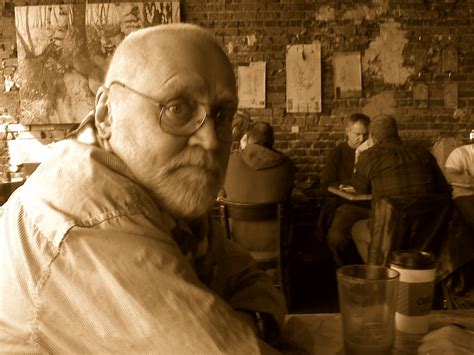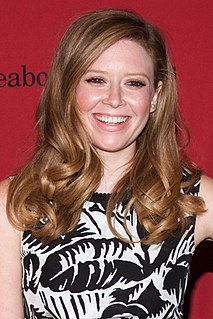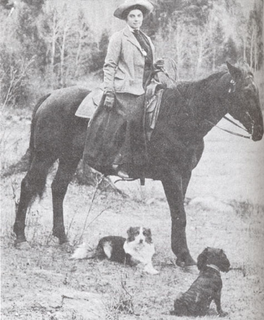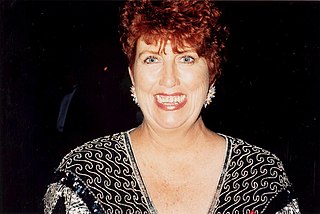A Quote by Gary Reilly
One thing I had learned in college was that if you ever had a question about truth, reality, or the meaning of existence, read a novel by Albert Camus. Pretty soon you'll be so baffled you'll forget the question.
Related Quotes
Albert Camus was never abandoned by his readers. Camus is enormously read. He's the highest selling author in the entire Gallimard collection, and has been for some years now. Sales haven't ever stopped, so to talk about rediscovering him would suggest that he isn't read anymore and that's not true.
[Albert Camus] positions are sensed. So, naturally, those intellectuals who don't have that experience have difficulty in comprehending it. But I think it made Camus more tolerant because he had already seen both sides of things when the others had only ever seen one. They imagine poverty, but they don't know what it is. In fact they've got a sort of bad conscience about the working classes.
Albert Camus wrote that the only serious question is whether to kill yourself or not. Tom Robbins wrote that the only serious question is whether time has a beginning and an end. Camus clearly got up on the wrong side of bed, and Robbins must have forgotten to set the alarm. There is only one serious question. And that is: Who knows how to make love stay? Answer me that and I will tell you whether or not to kill yourself.
During the '80s, those you would call the young philosophers of France, such as Bernard-Henri Lévy and [André ] Gluxman, pointed out that Camus had said things no one wanted to hear in the political arena. They said it was [Albert] Camus who was right, not those who had slid under the influence of Sartre, that is to say an unconditional devotion to Communism as seen in the Soviet Union. And ever since then the evaluation of Camus has continued to modify up until today
The question of truth is really a question of memory, deep memory, for it deals with something prior to ourselves and can succeed in uniting us in a way that transcends our petty and limited individual consciousness. It is a question about the origin of all that is, in whose light we can glimpse the goal and thus the meaning of our common path.
There's a great Albert Camus quote: 'The only way to deal with an unfree world is to become so absolutely free that your very existence is an act of rebellion.' When I first re-emerged, I was embarrassed to walk down the street. People would come up and say, 'I heard you were dead!' But I had to remind myself that a lot of the stuff I went through was pretty brutal. I'm definitely thankful that some of the rough patches are behind me.
When I first came in the business, I had a couple of close calls on planes going to London for shows. There was one time where the plane had to fly around until a storm ended, and then we started having a question about fuel, so we had to go through the storm. It was the worst thing that ever happened in my life. That really messed me up.



































